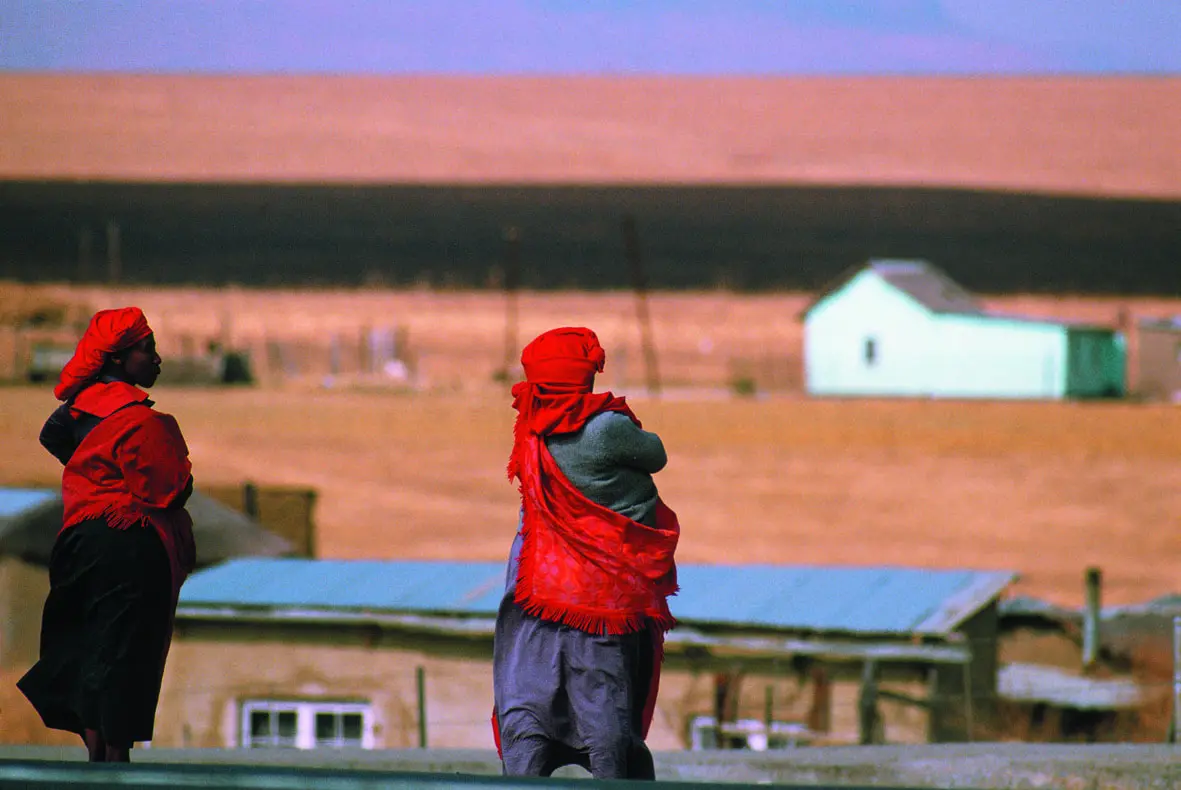
On the 5th of November at the 54th session of the African Commission in Banjul, the Gambia, the African Commission on Human and Peoples’ Rights’ (African Commission) added its voice to growing calls to stop involuntary sterilisation by adopting a resolution condemning the forced and coerced sterilisation of women living with HIV and reaffirming that such practices violate fundamental rights guaranteed under the African Charter on Human and Peoples’ Rights and the Protocol on the Rights of Women in Africa (the Maputo Protocol).
Involuntary sterilisation was once justified as a means of population and public health control as well as to avoid “undesirable genetic traits”. In the early 20th century, countries passed laws authorising involuntary sterilisation of persons with disabilities, particularly intellectual disabilities as well as indigenous and minority women. However, international human rights norms and standards, as well as an increasing number of regional human rights standards now consistently call for a rights-based approach to population policies and the provision of comprehensive sexual and reproductive health policies and programmes.
Despite this shift, women living with HIV in some countries continue to be sterilised without their free, full and informed consent. Last year in July the Namibian High Court found that three women had been coercively sterilised in state hospitals. The government decided to appeal the decision and the case will be back in court early 2014. Advocates for women’s rights in Kenya and South Africa are considering similar challenges. Anecdotal reports indicate that involuntary sterilisation of HIV-positive women is happening in many other countries in Africa.
In a strongly-worded resolution, the African Commission, one of the highest human rights protection mechanisms in the region, condemned all forms of stigma and discrimination in access to and provision of health services in the context of HIV and firmly states that all forms of involuntary sterilisation violate the rights to equality and non-discrimination, dignity, liberty and security of person, freedom from torture, cruel, inhuman and degrading treatment, and the right to the highest attainable physical and mental health as enshrined in regional and international human rights instruments.
The African Commission resolution calls on governments to put in place measures to prevent further violations from occurring as well as to appropriately redress violations where they have already occurred.
African Commission resolutions offer normative guidance on thematic aspects of the African Charter and its Protocols. This resolution is a powerful advocacy tool which can be used as benchmark to hold State Parties to the African Charter to account for their commitments to the rights of women and girls, the rights of people living with HIV, as well as the need to promote and protect women’s sexual and reproductive health rights and to realise access to health services for all individuals.
You can access the African Commission Resolution on Involuntary Sterilisation and the Protection of Human Rights in Access to HIV Services here
This entry was posted in Blog, HIV/AIDS, Nyasha Chingore-Munazvo, Our Experts, Sexual and reproductive health rights, Women’s rights. Bookmark the permalink.



